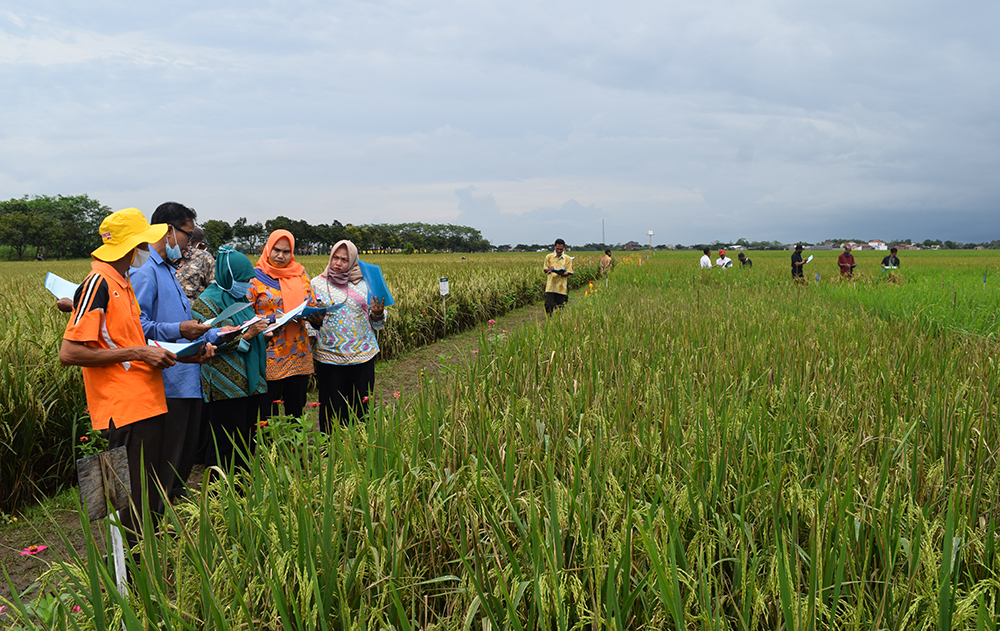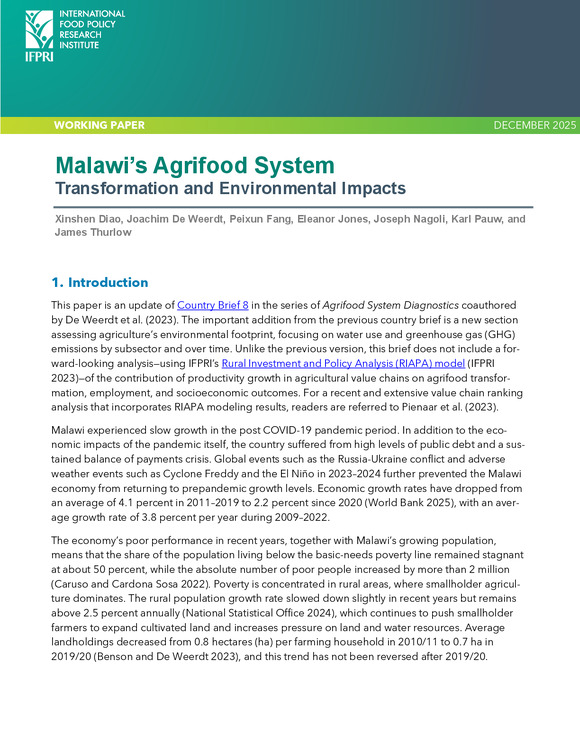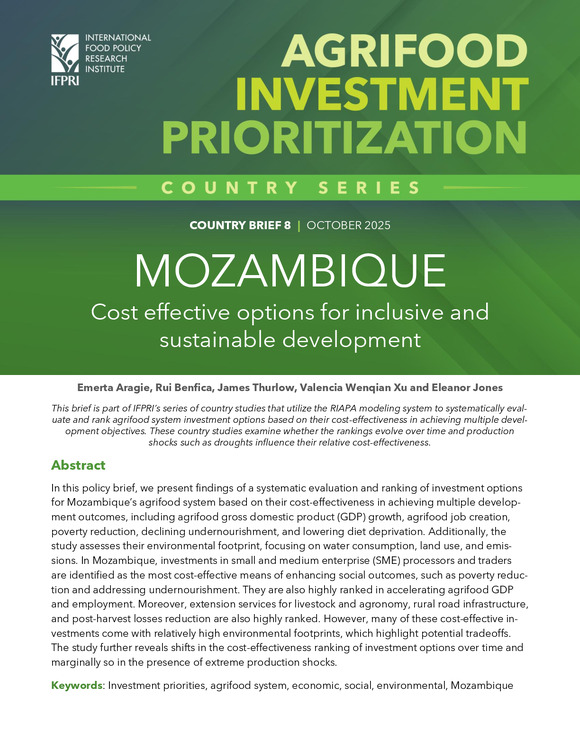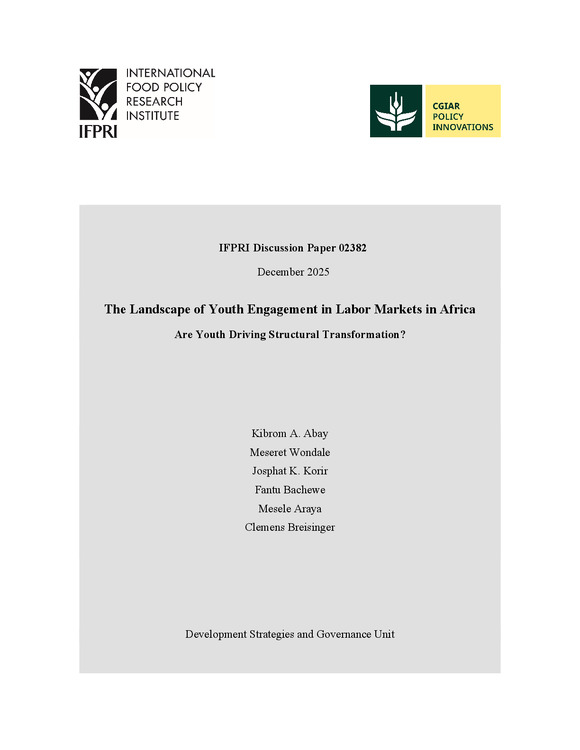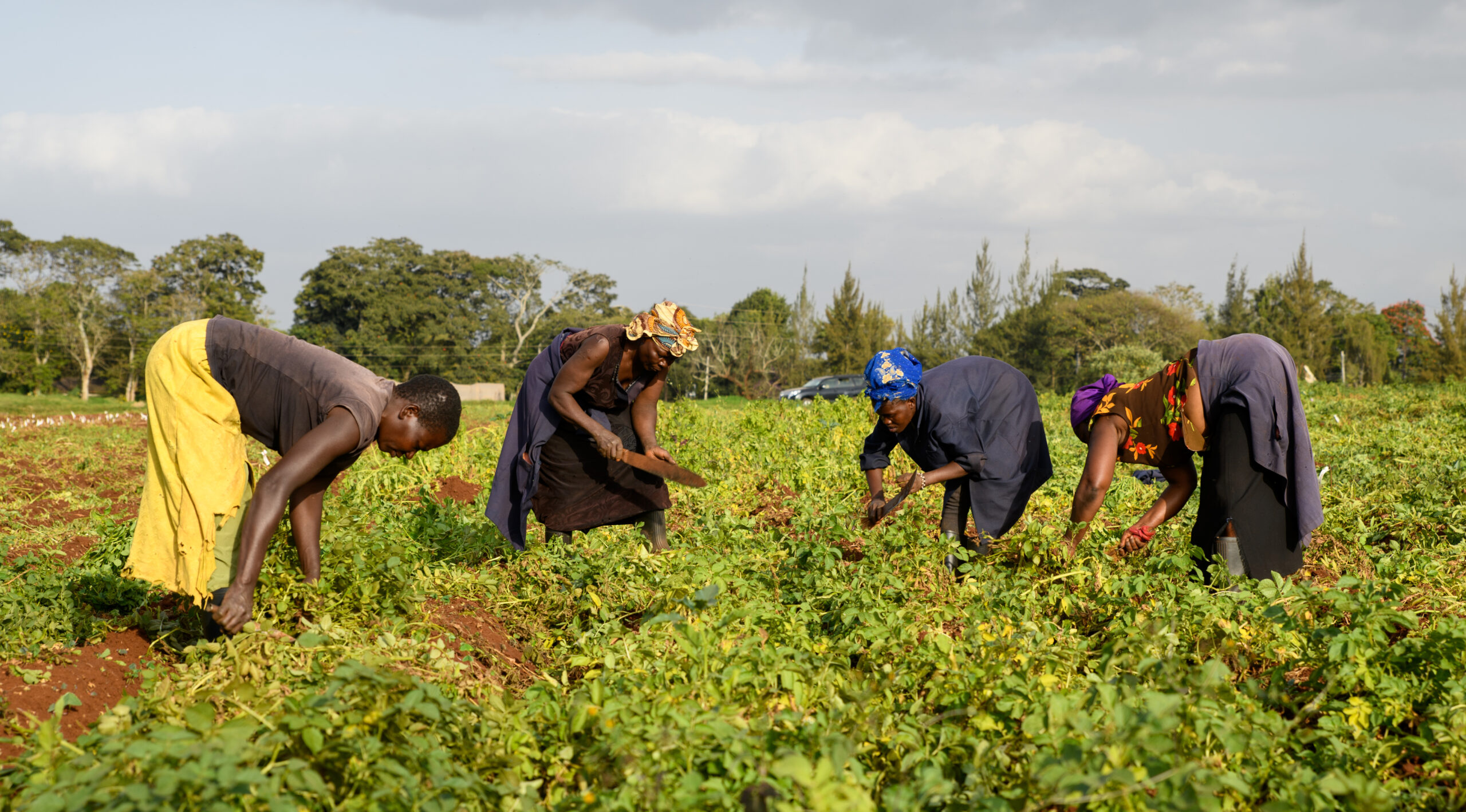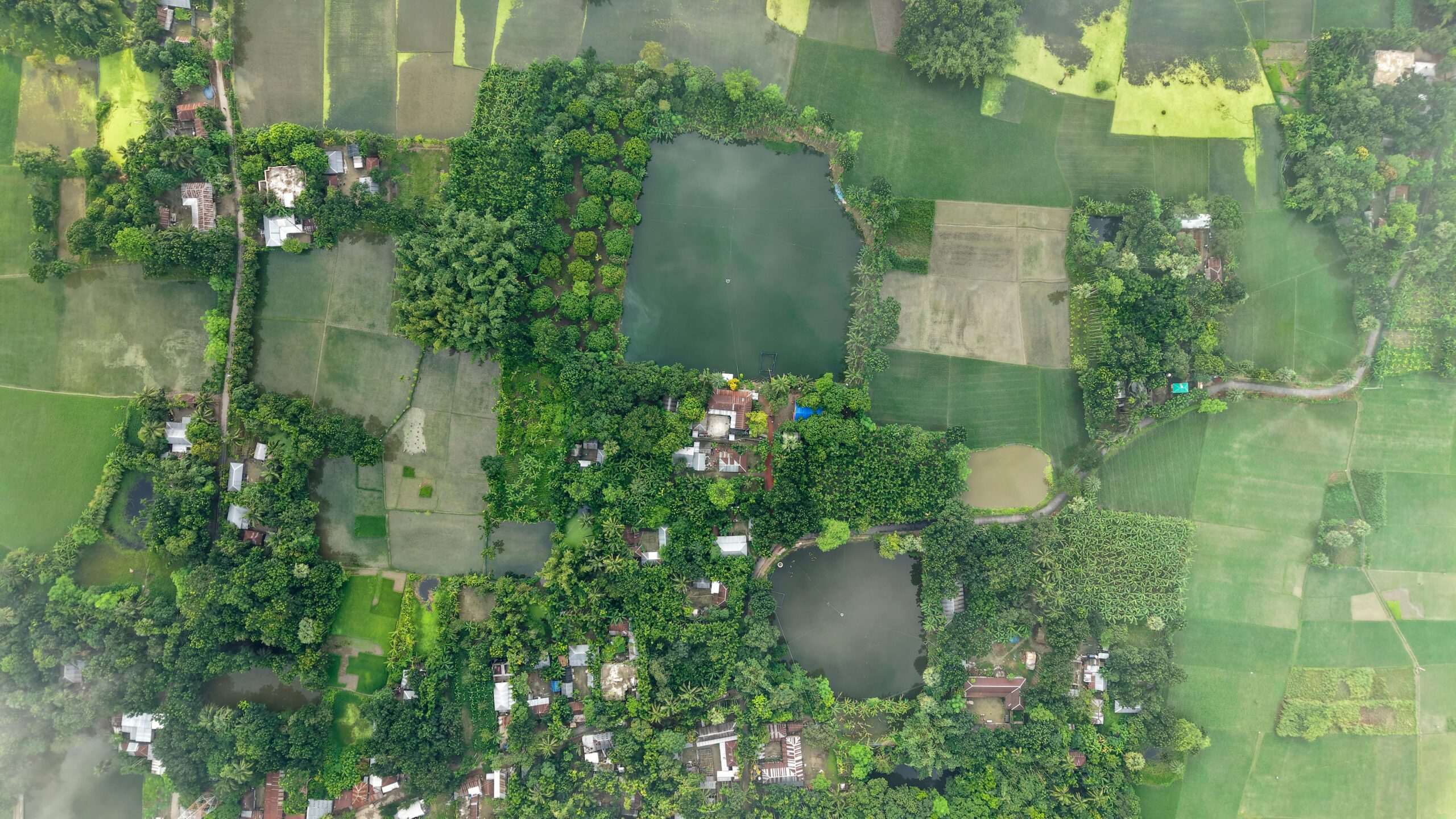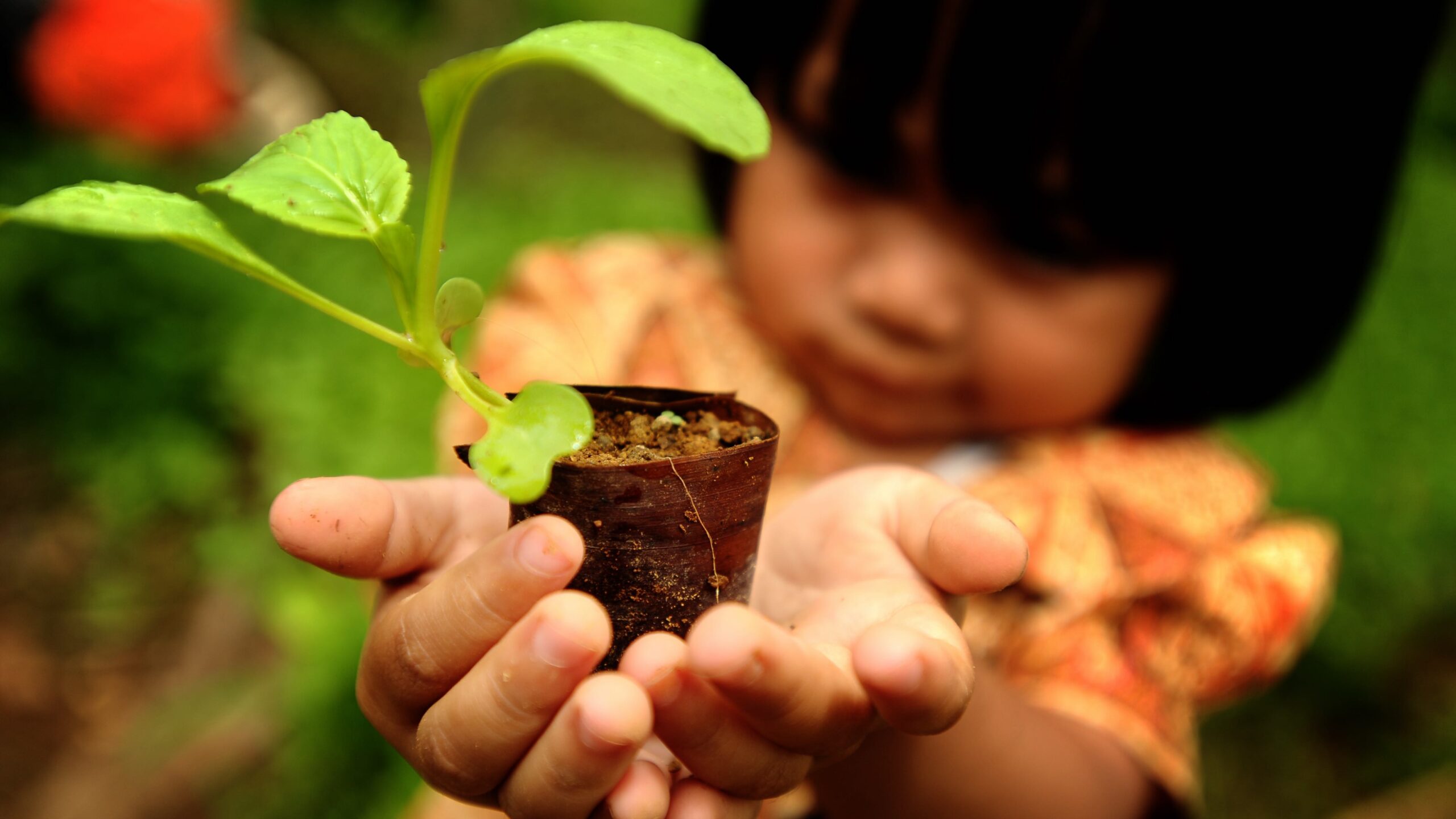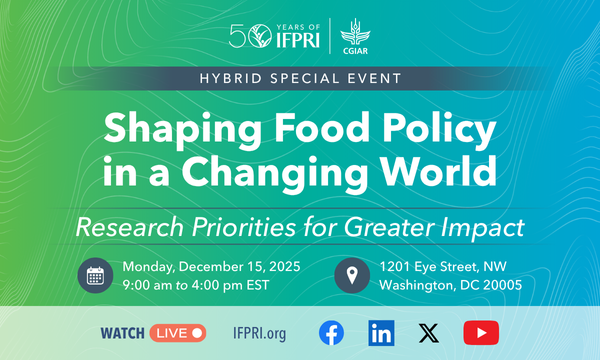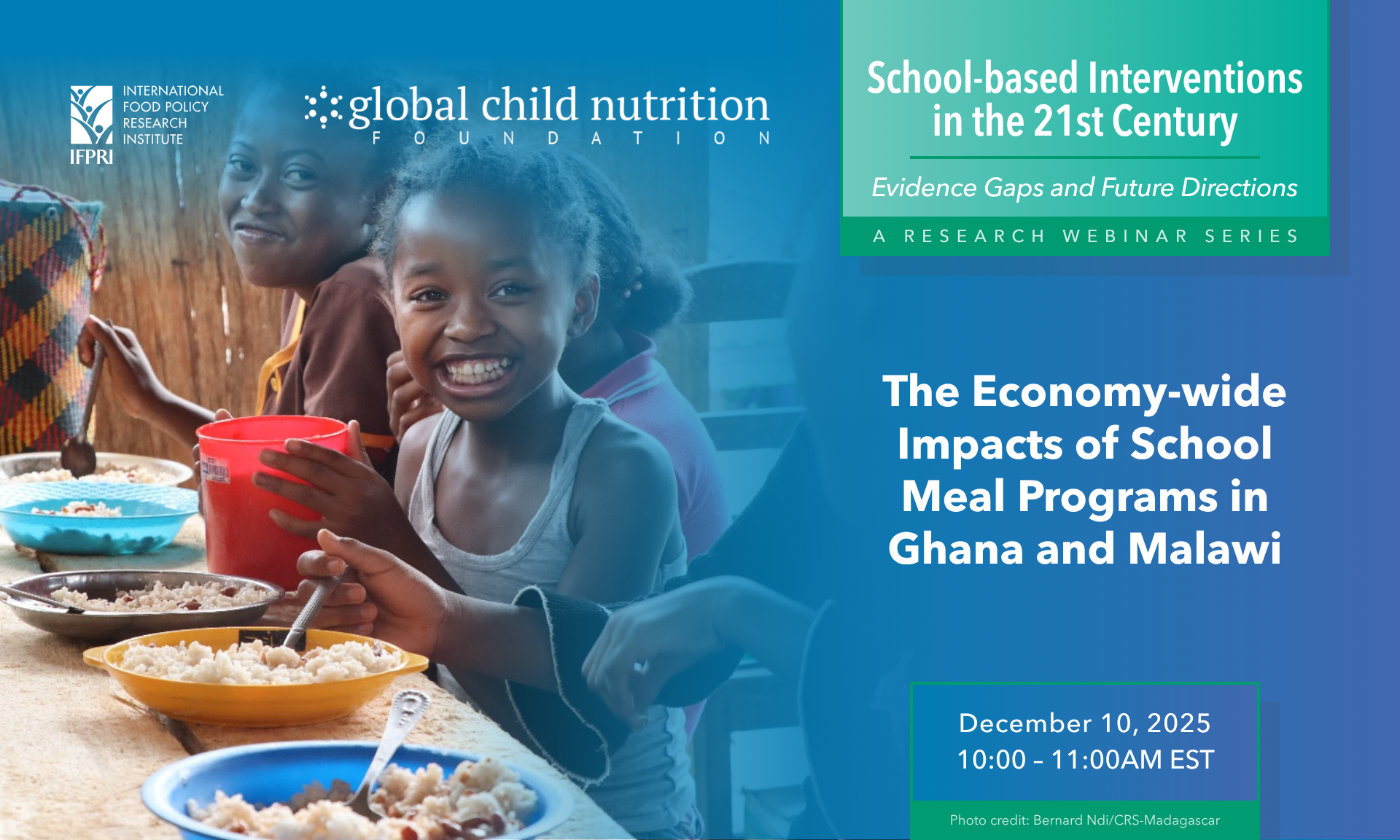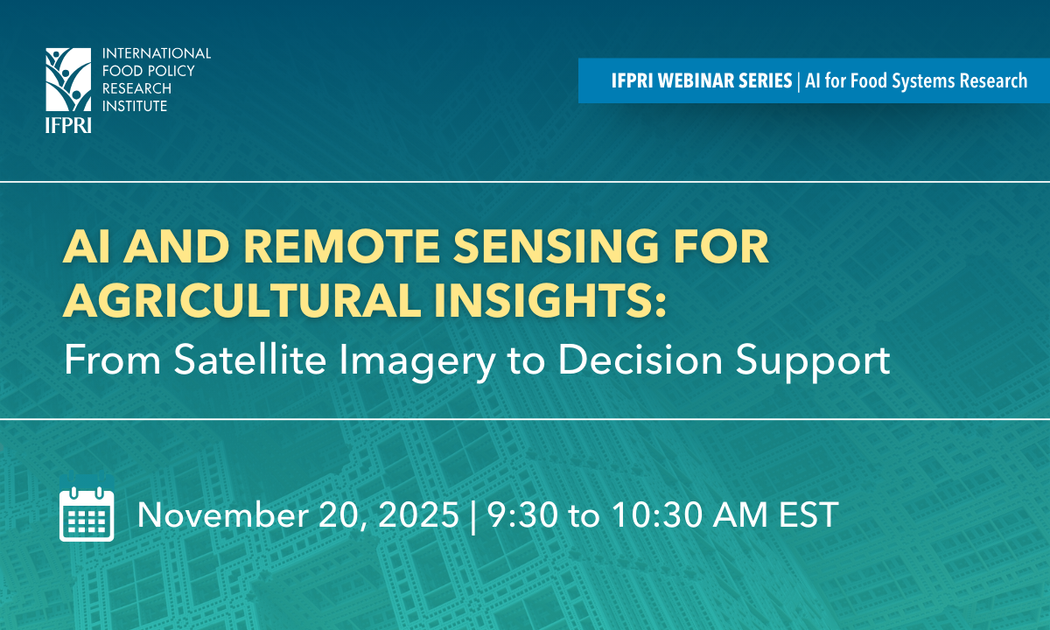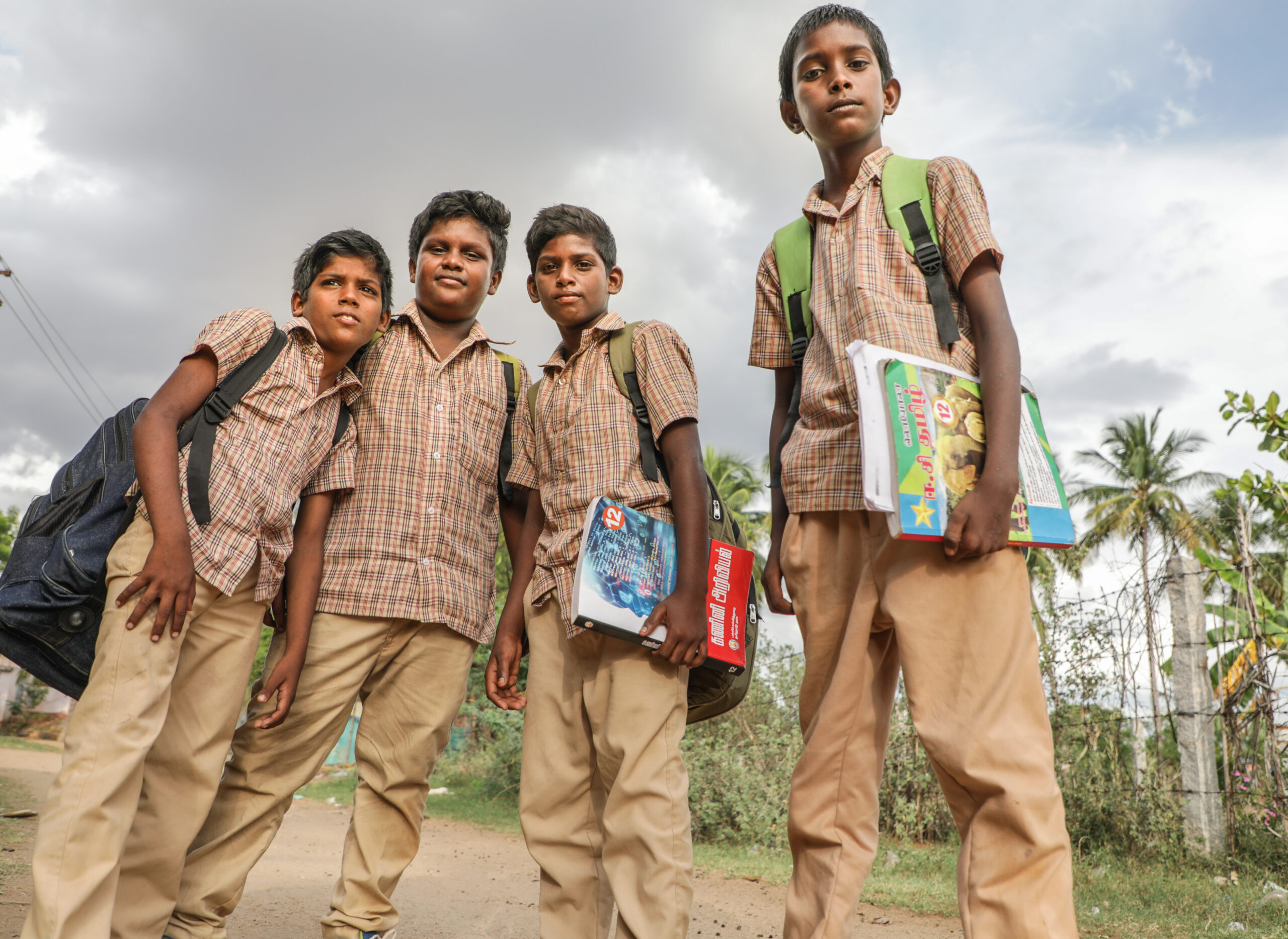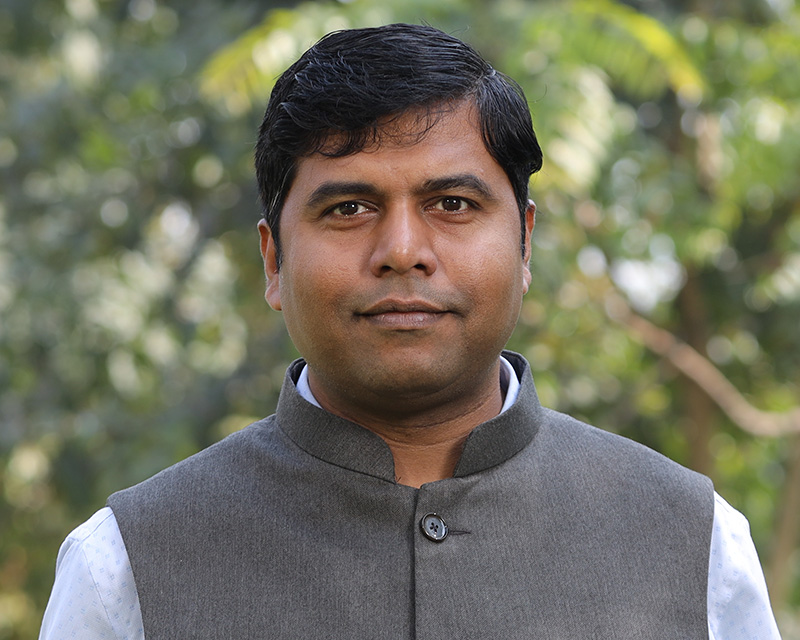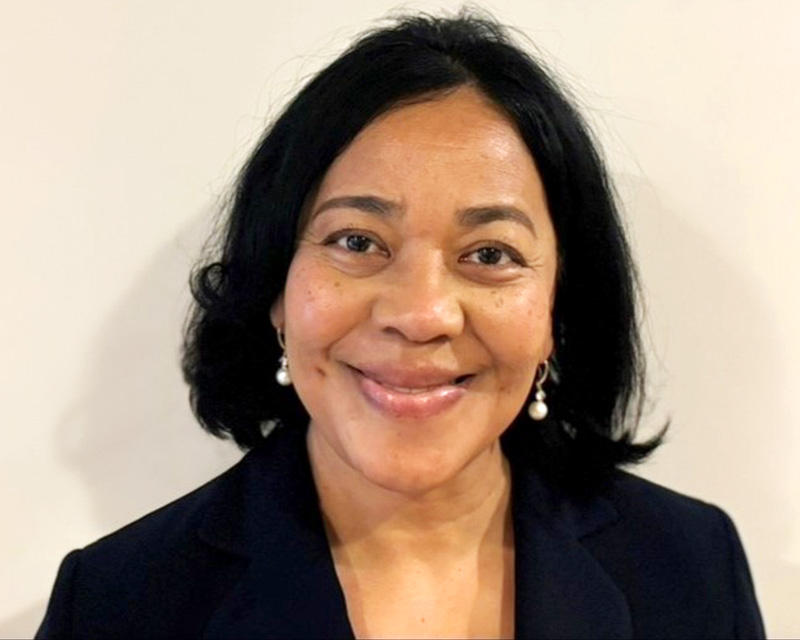Overview
The Foresight and Policy Modeling (FPM) Unit’s research situates agrifood systems within global and local economies, environments, and development processes. It uses innovative analytical tools to anticipate trends at global, national, and local scales, and develops metrics to track socioeconomic and environmental outcomes at system and household levels.
The Unit works closely with other CGIAR Centers as part of the Science Programs on Policy Innovations and Climate Action.
The Unit’s partnerships with national research institutes and government agencies around the world ensure that local knowledge, modeling capabilities, and research are collectively shared, and that decision-makers have access to improved data and analytics to help them identify technologies, policies, and investments that can drive inclusive and sustainable food systems transformation.
Areas of Focus
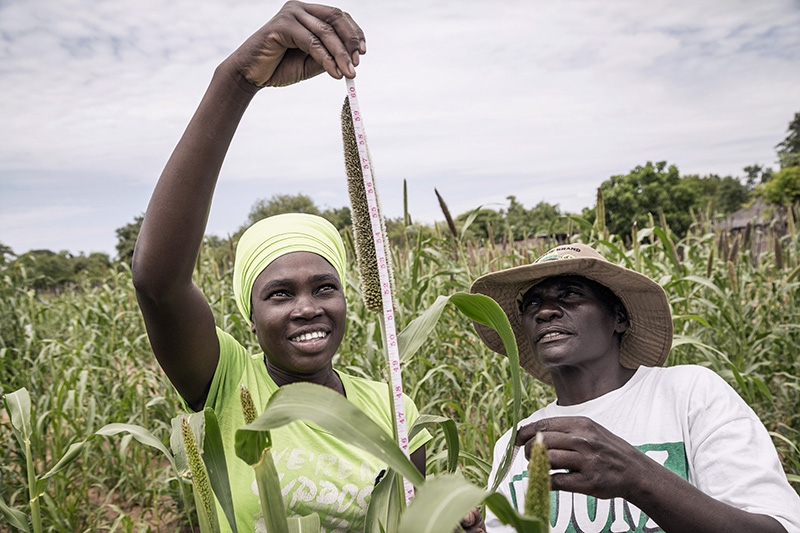
Future food systems
Climate change and environmental constraints make anticipating the future of food, land, and water systems complex. Global foresight analysis, conducted by FPM biophysical and economic modelers and climate change experts, looks at agriculture under different scenarios for climate change, economic growth, and technologies and practices to inform policy and investment decisions.
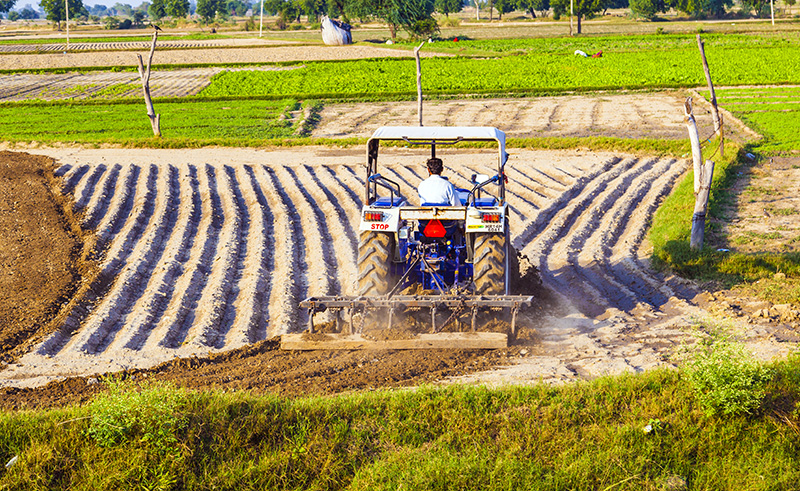
Inclusive transformation
Forward planning and policy prioritization are essential for national governments, especially because competing goals and limited budgets make trade-offs across goals unavoidable. FPM development economists conduct country economywide modeling of agrifood system transformation and development pathways that can support prioritization of cost-effective policies amid climate change and other risks.
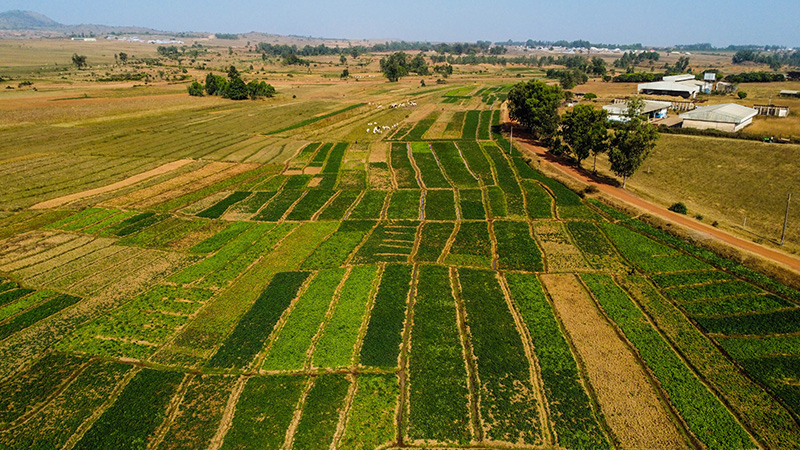
Local development needs
Policies and technologies for sustainable development must be suitably targeted and tailored to local contexts. To identify local market opportunities and priorities for particular populations and regions, FPM geographers and data scientists use spatial analysis and modeling of agroclimatic conditions and risks, based on remote sensing and high-resolution datasets.




